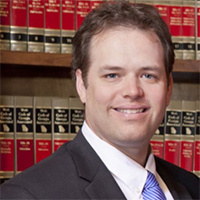Hephzibah Estate Lawyer, Georgia
Sponsored Law Firm
-
 x
x

Click For More Info:
-
Sell & Melton LLP
577 Mulberry Street Suite 810 Macon, GA 31201» view mapEstate Law Accomplished. Experienced. Dedicated.
At Sell & Melton LLP, our team is ready to help you with legal matters of estate planning. We have the experience needed to help you reach a satisfactory outcome.
800-770-3841
Richard Hays Goolsby
✓ VERIFIEDDivorce & Family Law, Criminal, Wills & Probate, Accident & Injury
Richard Hays Goolsby, Jr. currently practices law in both Georgia and South Carolina and is a proud member of both bar associations. Richard, Jr. foun... (more)
John Andrew Donsbach
Wills & Probate, Corporate, Franchising, Business Organization
Status: In Good Standing Licensed: 25 Years
James T. Plunkett
Construction, Real Estate, Wills & Probate, Franchising, Banking & Finance
Status: In Good Standing Licensed: 37 Years
Stephen E. Shepard
Wills & Probate, Employment, Divorce, Personal Injury
Status: In Good Standing Licensed: 48 Years
Robert Andrew Kerr
Industry Specialties, Estate, Business, Accident & Injury
Status: In Good Standing Licensed: 36 Years
David C. Jones
Real Estate, Trusts, Estate Planning, Business Organization
Status: In Good Standing Licensed: 27 Years
Robert Alexander Kerr
Industry Specialties, Estate, Business, Accident & Injury
Status: In Good Standing Licensed: 36 Years
Stephen Hilley Hagler
Social Security, Wills, Family Law, Adoption
Status: In Good Standing Licensed: 33 Years
 R. Chix Miller Macon, GA
R. Chix Miller Macon, GA Practice AreasExpertise
Practice AreasExpertise

